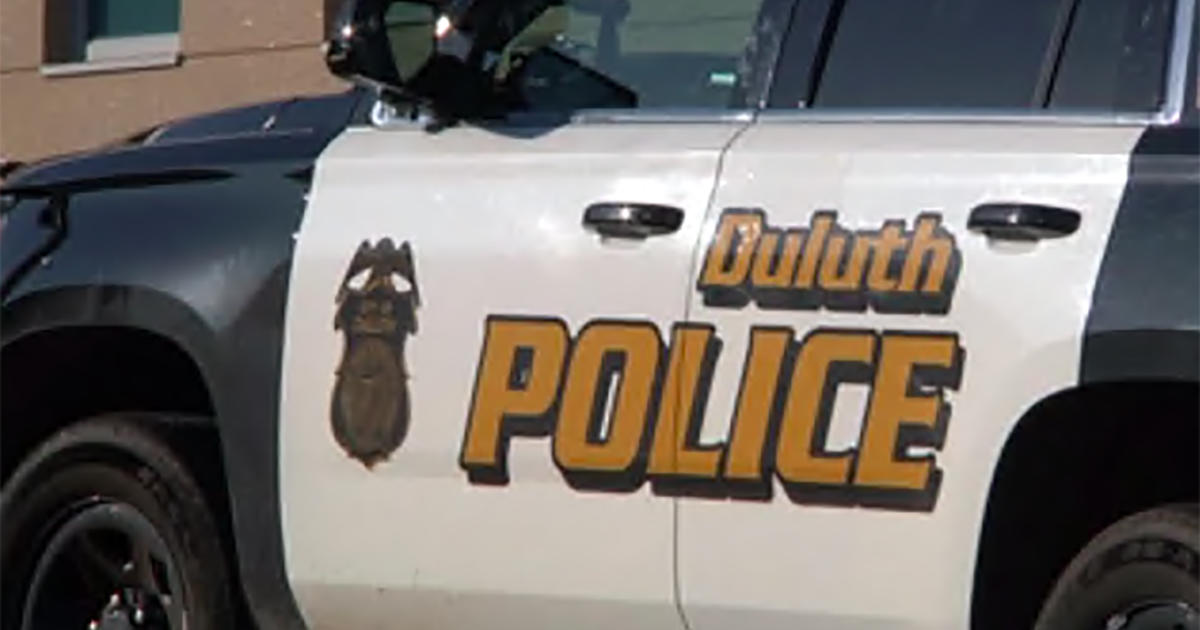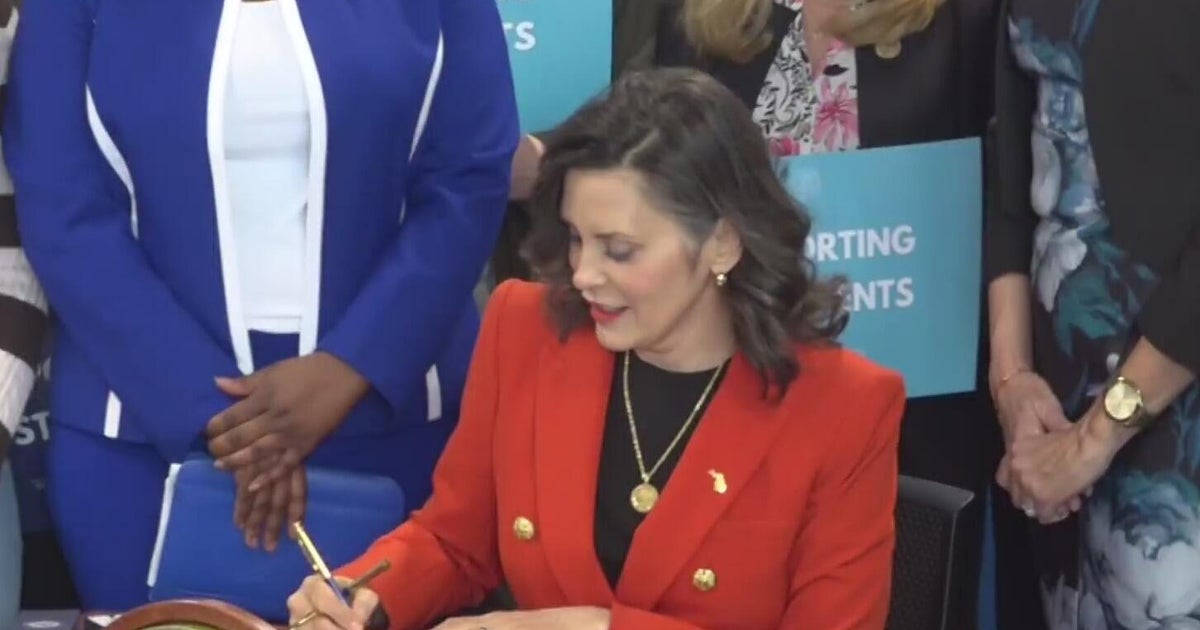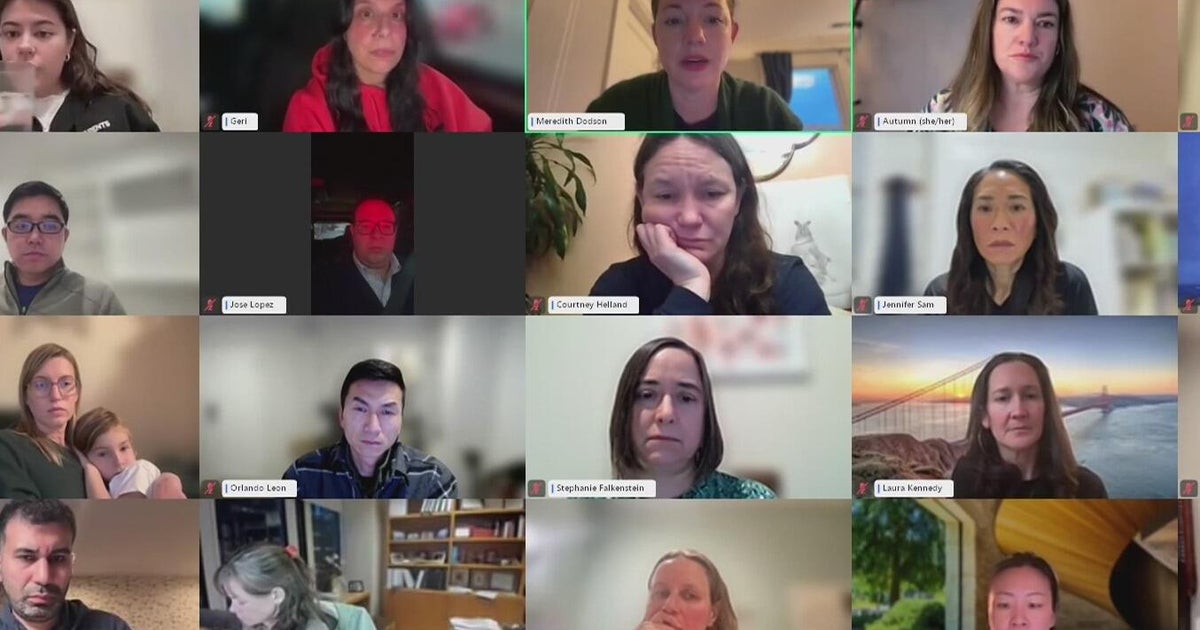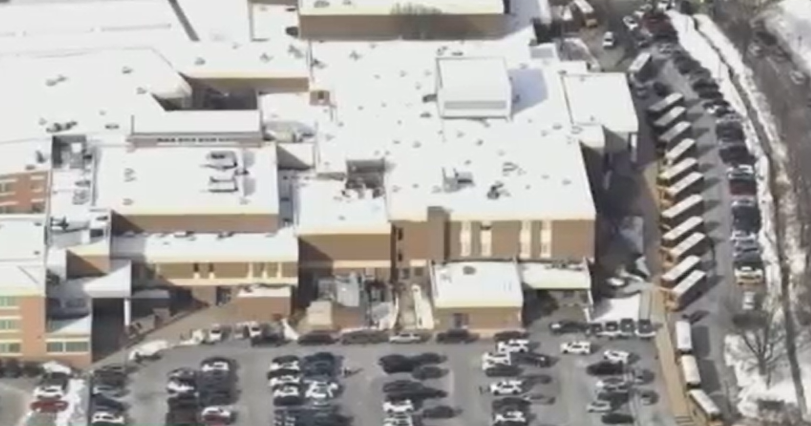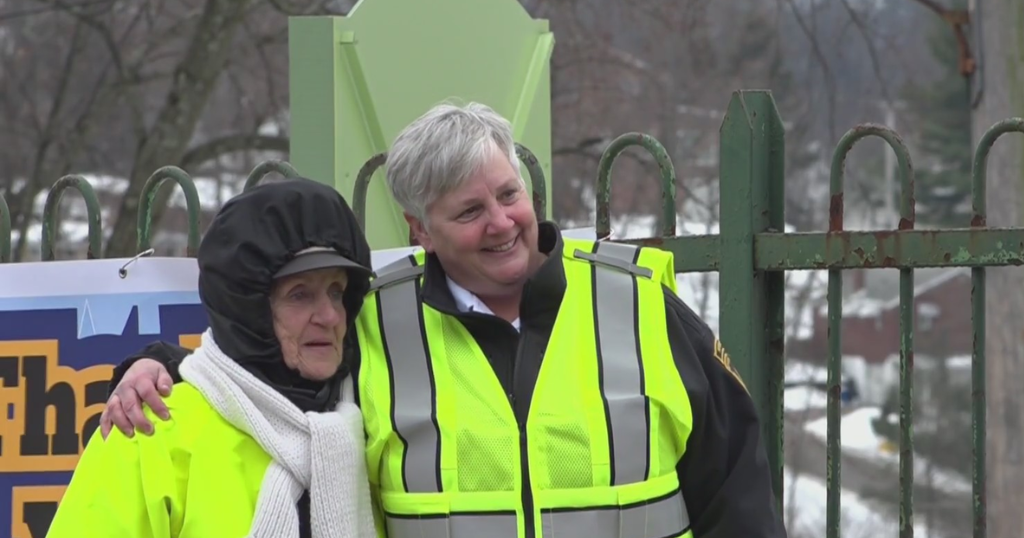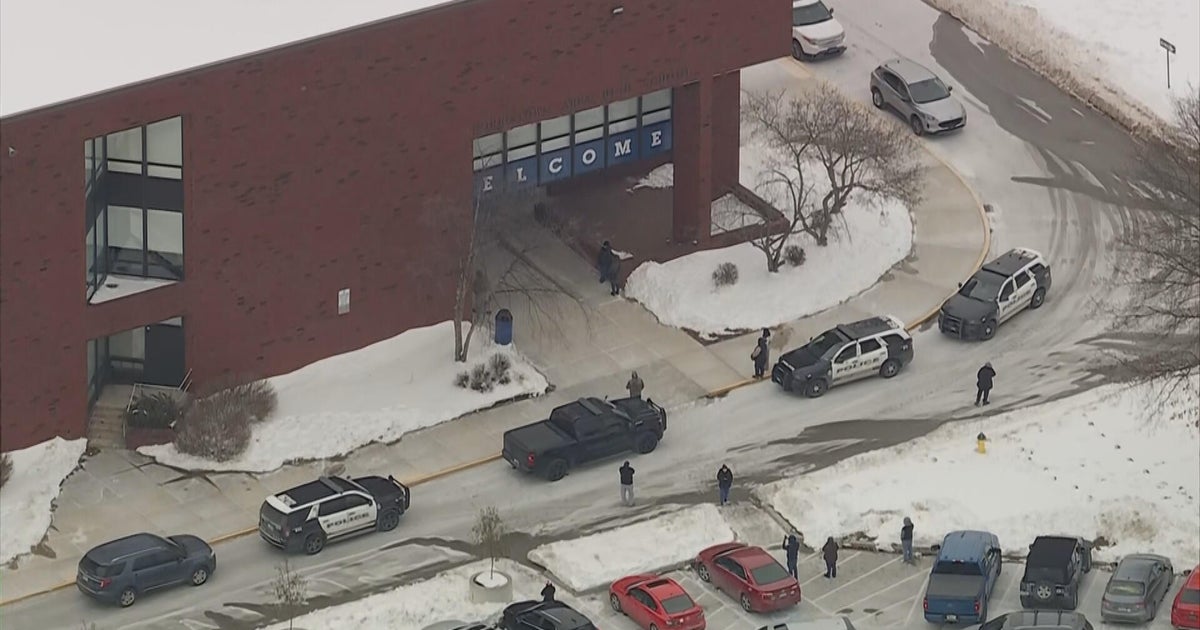Duluth Schools Take On High-Tech Bullies
DULUTH, Minn. (AP) -- Today's schools might have a tougher time than ever dealing with bullying.
Cyber-bullying and cell-phone texting have added a new dimension to the age-old behavior and have made it easier for kids to attack each other. When such bullying happens outside of school, the effects are felt in hallways and classrooms as students face their bullies, said Gina Kleive, principal of Woodland Middle School.
She's dealt with many students who are "upset about something that took place the night or weekend before," she said. So when staff members at the school meet with bullies, their victims and parents, they tell parents to monitor phones and Facebook accounts.
"If you know what's happening in the moment, it's a lot easier to address," Kleive said.
Kleive and other local principals discussed their responses to bullying, an issue more than ever in the public eye as high-profile cases with extreme results make headlines.
Area schools have a broad spectrum of methods to address bullying and harassment, at one end meeting with students and parents and at the other end suspension and expulsion. All cases are taken seriously, including intimidation and name-calling, principals said.
"Physical things are easier to see than the passive mean-girl looks, or the gossiping and whispering," Kleive said, but educators work to spot those, or respond when they hear about them.
When incidents are reported, counselors and teachers meet with students and talk about what happened. At Woodland, educators help students come up with plans to avoid repeating the behavior. At Morgan Park Middle School, they mediate between the two students if the victim is willing. Guidance counselors are on the front lines for dealing with bullying, said Rick Flaherty, principal of Superior Middle School.
"We try to deal with it at the lowest level," he said, educating students about what bullying is and the effects of their behaviors.
The "he said-she said" types of complaints are the most difficult for schools to deal with, as educators investigate incidents by checking surveillance cameras and talking to possible witnesses.
"Sometimes we spend hours and hours and hours working through that," said Denise Clairmont, principal of Morgan Park Middle School.
Some parents say there is no follow-through after complaints are made. That's often because they don't know what happens to the student who bullied their child. Kleive said privacy laws prevent them from sharing information about suspensions and other disciplinary action, but they can share the district's policies for certain actions.
If bullying is ongoing, Woodland, Morgan Park and Superior middle schools all use similar methods to make the victim more comfortable. Those include changing class schedules, offering to escort students who've been the target of a bully -- or even escorting the bullies.
Sometimes teachers have students leave class early or later than others to avoid conflict, Clairmont said.
"Some can't handle the freeness of walking between classes," she said. "Sometimes we don't give kids passes who can't handle being out and about."
Both Kleive and Clairmont said bullying prevention starts on the first day of school, when students are asked to come up with a "social contract" that will be used throughout the year. The contracts are generally modeled on the Golden Rule, and they work because the students tell staff how they want their peers to behave and not vice versa, Kleive said.
The Duluth school district is training students and staff this year in bullying prevention.
Other schools find opportunities to talk to kids about tolerance and diversity, about who is a bully and who is a bystander.
Morgan Park counselor Sarah Seglem said she has called parents of bystanders who have displayed courage in standing up for a victim of bullying.
"I tell them how proud we are (of the student) for standing up for kids," she said, because those who do have the most power.
Lakeview Christian Academy in Duluth is educating students, as the public school district is, by using a locally produced bullying video and having conversations with students. The school doesn't have serious bullying concerns, said administrator Todd Benson, because it's smaller than most schools.
"Even joking around at the expense of another is absolutely unacceptable," Benson said. "It's the mental stuff that destroys kids."
In Duluth public schools, Superintendent Keith Dixon has told administrators to call bullying what it is when dealing with students.
"If you see it and feel it, it's bullying," said Larry Udesen, assistant principal at Morgan Park.
Calling a bully out on his or her actions is something victims and bystanders should do.
"It's a powerful statement when you call someone a bully," Udesen said.
The biggest problem that schools struggle with is figuring out what bullying is so that staff and students all understand it.
"We're working on a common definition," Kleive said. "The excuse that kids will be kids, boys will be boys -- that doesn't work for me."
(© Copyright 2011 The Associated Press. All Rights Reserved. This material may not be published, broadcast, rewritten or redistributed.)

